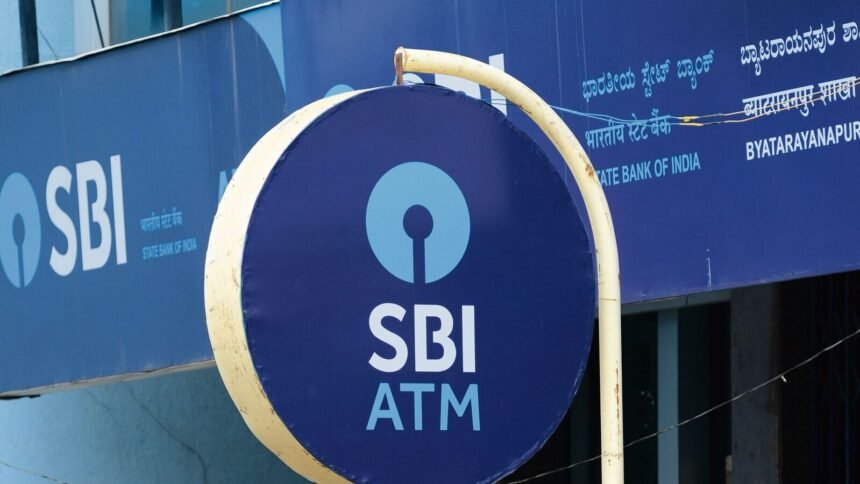When it comes to banking, especially with prestigious institutions like the State Bank of India (SBI), understanding the terminology linked to your account is essential. One such term that often puzzles account holders is the CIF number. What is CIF number in State Bank of India? Why does SBI use it? How is it different from your account number? This guide will explain CIF number in SBI in detail to help you grasp its significance and how it benefits you as a customer.
What Is CIF Number in State Bank of India?
CIF stands for Customer Information File. The CIF number is a unique, 11-digit numeric code assigned by SBI to every customer when they open their account. This number acts as an electronic profile of you within the bank’s system.
Unlike your account number, which identifies a specific bank account, CIF number identifies a unique customer. The CIF consolidates all your SBI accounts, loans, fixed deposits, and transaction history under one number, making it easier for the bank to manage and access your complete banking relationship.
Why Does SBI Use CIF Number?
SBI uses the CIF number as a centralized database management tool. With millions of customers and numerous accounts per customer, organizing information efficiently is critical.
The CIF system enables SBI to:
-
Maintain Unique Identification: Each customer receives only one CIF number regardless of how many accounts they hold with SBI.
-
Store Comprehensive Customer Information: CIF contains your personal details (address, KYC documents), transaction history, loan accounts, and other banking products linked with SBI.
-
Improve Service Efficiency: Bank staff can retrieve your full profile instantly using the CIF number, ensuring faster and more reliable customer support.
-
Enhance Security: Consolidated information assists SBI in monitoring transactions and detecting suspicious activities effectively.
-
Provide Seamless Multi-Channel Access: Your CIF file is accessible across branches, online banking platforms, and mobile apps, creating an uninterrupted banking experience.
Where to Find Your SBI CIF Number?
If you are wondering how to find your CIF number in SBI, here are several easy methods:
-
Passbook or Cheque Book: It is commonly printed on the first page of your passbook or cheque book.
-
SBI Net Banking: Log in to your account, visit the My Account section, then Profile or Account Summary. The CIF number will be visible there.
-
SBI YONO Mobile App: The app provides an option under profile settings or account details to view your CIF number.
-
Customer Care: Call SBI customer service and verify your identity to receive your CIF number.
-
Branch Visit: You can also ask for it in person at your SBI branch with valid identification documents.
How Is CIF Different from Account Number?
Understanding the difference between CIF number and account number is crucial for banking clarity:
| Feature | CIF Number | Account Number |
|---|---|---|
| Identifies | Customer (all accounts and profiles) | Specific bank account |
| Length | Usually 11 digits | Varies depending on bank and account type |
| Purpose | Consolidates customer information | Used for transactions and funds transfer |
| Uniqueness | Unique for each customer | Unique for each account |
| Multi-account linking | Yes | No |
The CIF number helps banks track a customer holistically, whereas the account number is specific to an individual bank account.
Importance of CIF Number in SBI
The CIF numbers significance for SBI customers cant be overstated. It improves customer-relationship management and is critical for:
-
Efficient KYC compliance and updates.
-
Quick processing of loan applications and credit history checks.
-
Managing multiple accounts under one identifiable file.
-
Enhancing the accuracy of personal and transaction data.
-
Preventing fraud through consolidated transaction monitoring.
Is CIF Number Secure?
Since the CIF file contains highly sensitive personal and financial information, it is crucial to protect your CIF number just like any other confidential bank detail. SBI secures CIF data with advanced encryption and access controls, limiting unauthorized access. Customers should avoid sharing their CIF number publicly or with unknown entities to protect against identity theft or online fraud.
Read More: What is CIF in Banking? A Complete Guide for Customers
Conclusion
The SBI CIF number is more than just a codeit represents your entire relationship with one of Indias largest banks. By assigning a unique Customer Information File number, SBI ensures your data is centralized, secure, and accessible across services, making your banking experience smooth, personalized, and safe.
For those who want to learn more about customer account identifiers like CIF and their role in the banking industry, Investopedias detailed article on Customer Information File (CIF) in Banking offers insightful information on this crucial banking element.









